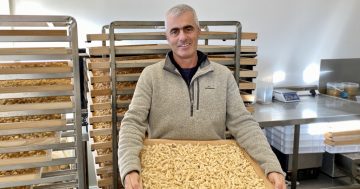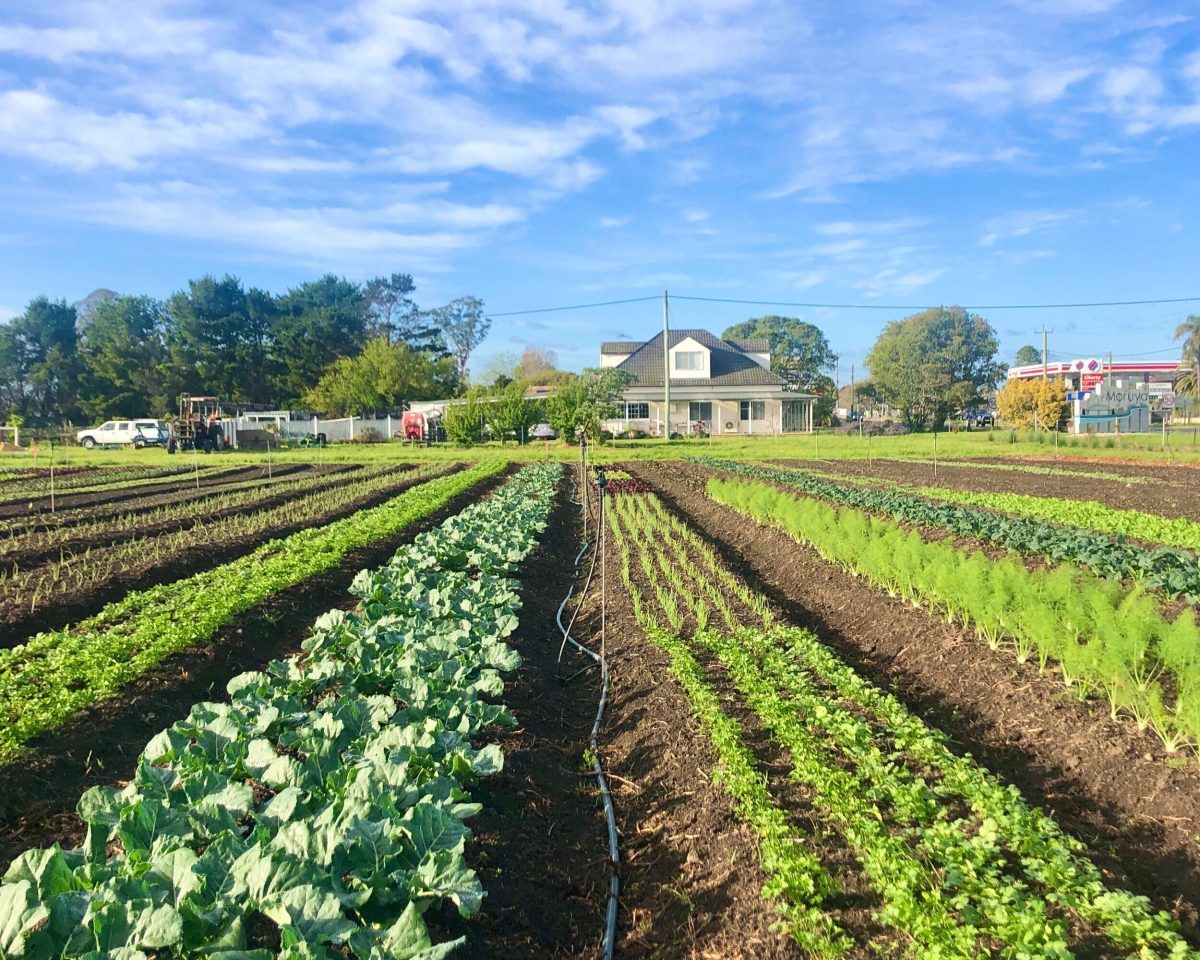
Borrowed Ground Growers are a small-scale farm on a land lease agreement near Moruya. Photo: Borrowed Ground.
Local growers are concerned that increased regulations will disproportionally impact small-scale horticulture operations.
Food Standards Australia and New Zealand (FSANZ) announced in 2022 increased regulation for their standard P1052 Primary Production and Processing Requirements for Horticulture, specifically for berries, leafy vegetables and melons, which will come into effect in February 2025.
The new standards are in response to concerns around microbiological contamination after several high-profile food-borne outbreaks between 2011 and 2019.
John Carroll and his wife Christina run Prana Produce: a small-scale, mixed enterprise business near Braidwood where they grow vegetables, hand-make products like chai and soaps and run workshops. Mr Carroll says that vegetable production is a core part of their business. They cultivate three quarters of an acre of land and sell their produce directly to customers, through a local multi-farm community-supported agriculture (CSA) scheme and directly to a couple of local IGAs.
“We do everything here by hand on a small scale. The vegetables are at the point now where I haven’t needed to work with anyone else in four years, but we’re still very small compared to the big players,” he told Region.
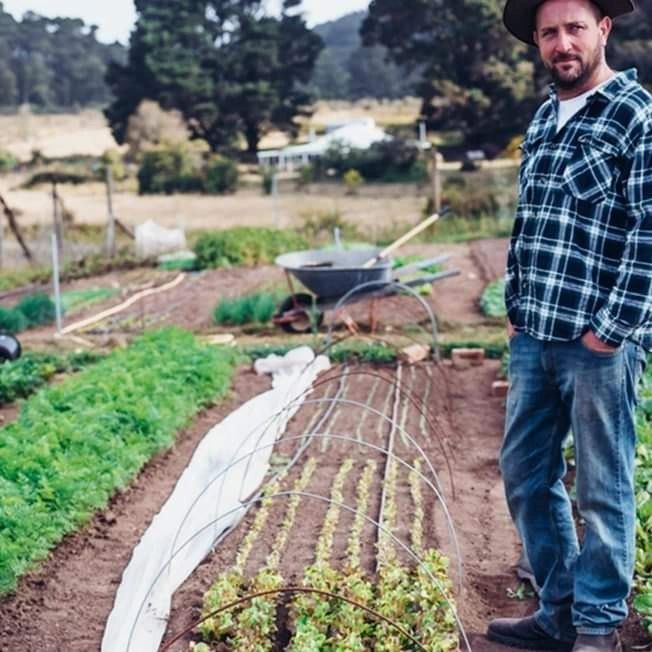
John Carroll runs Prana Produce near Braidwood. Photo: Prana Produce.
Like many other small-scale farmers, Mr Carroll is concerned that the regulations will focus on large commercial operations without acknowledging that the risk levels are different for smaller growers.
“In commercial operations, a human being doesn’t look at the produce: lettuce is harvested by machines, washed by a conveyor belt and dumped into bags,” he said. “When you harvest by hand there’s a human inspecting the whole process which means you can see if there’s a problem. You can check if there are any weeds or contaminants and respond.”
Eliza Cannon is another small-scale producer at Borrowed Ground Growers on Walbunja and Yuin country near Moruya on the South Coast.
She is also a national committee member of the Australian Food Sovereignty Alliance (AFSA), a farmer-led, not-for-profit advocacy organisation of people working towards democratising and decolonising food systems.
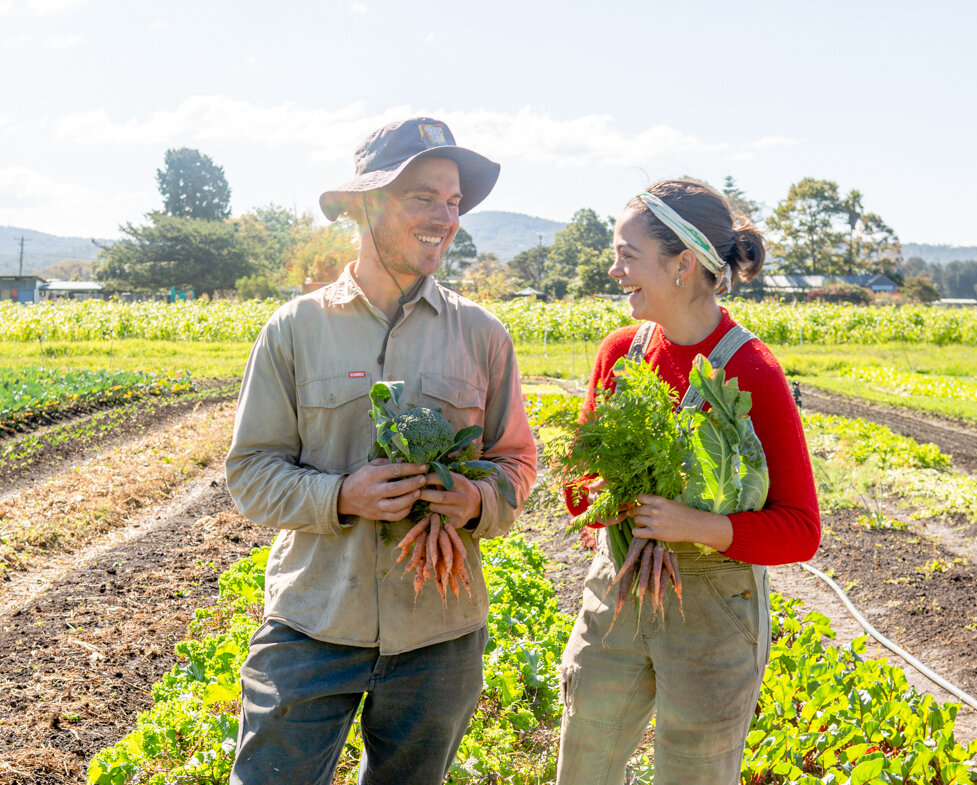
Eliza Cannon (R) and Alex Chiswell (L) are concerned about the impacts of regulations on their farm. Photo: Luisa Brimble.
AFSA is concerned that there hasn’t been adequate consultation with small-scale producers about how these regulations will be implemented and enforced, which could result in onerous bureaucratic requirements and high costs for small operations.
“We’d like to see a scaled approach. Small-scale businesses need to be considered within context: taking a snapshot of where they sell, who they sell to and what their supply chain looks like,” Ms Cannon explained.
“We’re suggesting that there be a fee-free threshold for small-scale producers who sell directly to consumers.”
The new regulations will be administered by local jurisdictions. Mr Carroll says that he proactively reached out to his local council to be prepared for what is coming but was met with confusion.
“I don’t want to be caught holding the bag in 2025. If I need to be building or updating facilities that can take a long time, but I can’t get any answers right now.”

Prana sell their produce directly to consumers through local CSA-style schemes and farmers’ markets. Photo: Prana Produce.
Ms Cannon also asserts that there is no evidence any previous outbreaks have originated from small-scale producers. AFSA’s position is that the highest risk lies with large-scale commercial operations that have elongated supply chains and so the regulation should be scaled accordingly.
At a time when the ACT is discussing how they can increase primary food production in the region through discussions around the Food & Fibre Strategy, Mr Carroll is concerned that increased regulations will shut out new producers.
“You have to invest to a small degree at the beginning, but this could raise the barrier of entry which will stop small-scale producers entering the industry,” he said.
More information about the FSANZ codes can be found on its website.
Find out more about the Australian Food Sovereignty Alliance, and read their response to the new regulations on their website.
Visit Borrowed Ground Growers website, and the Prana Produce website.
